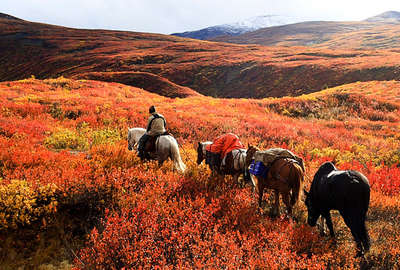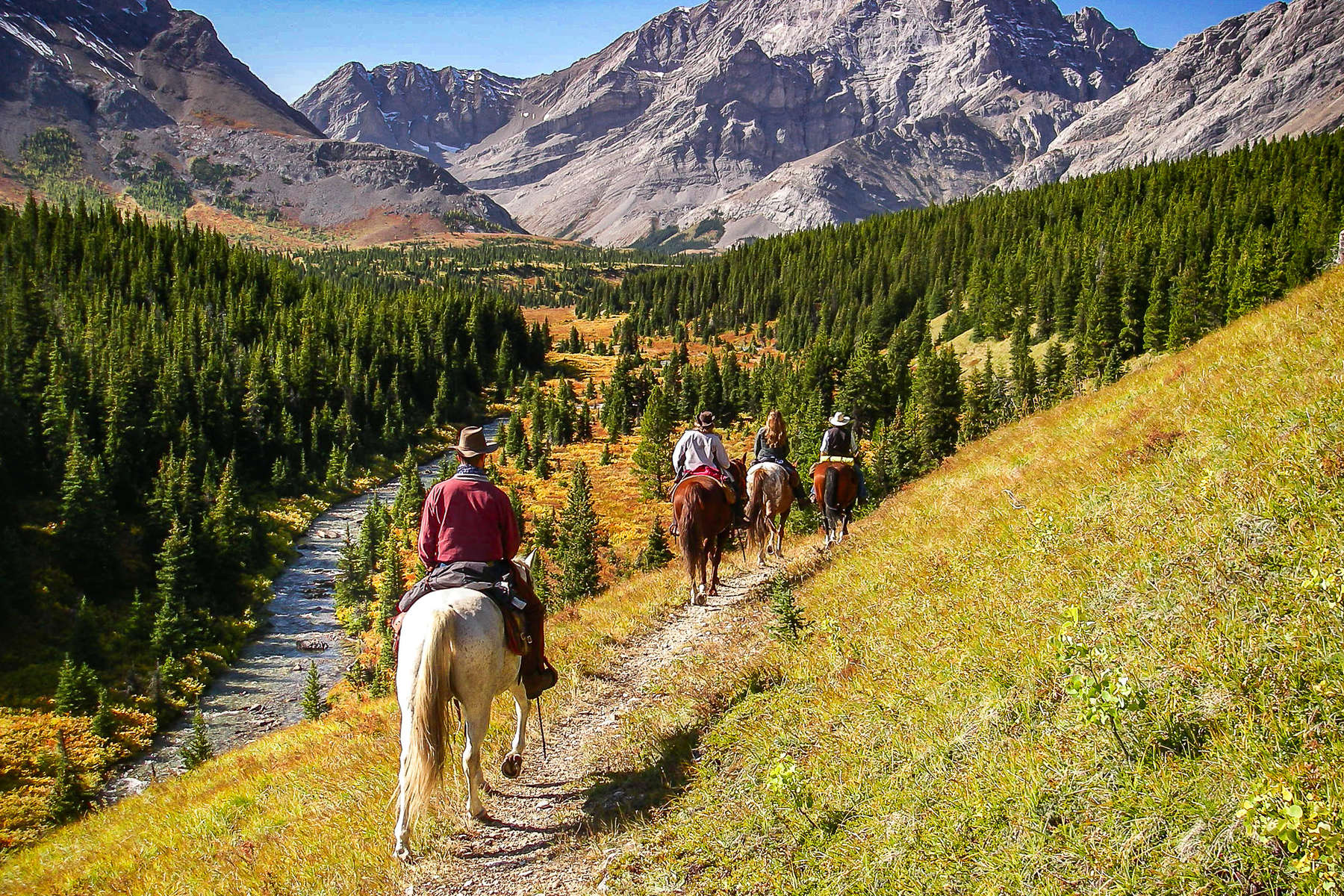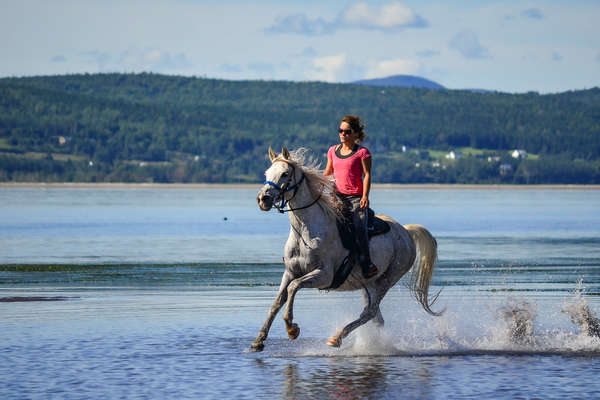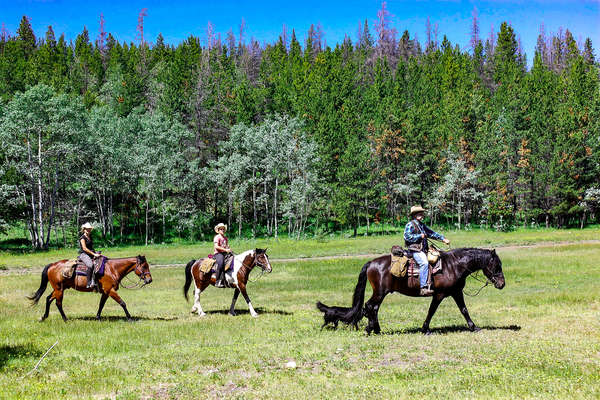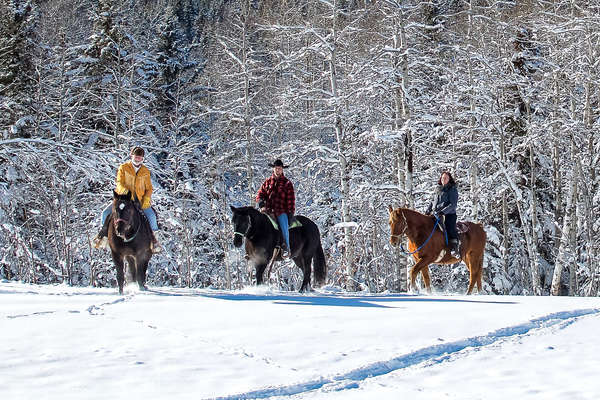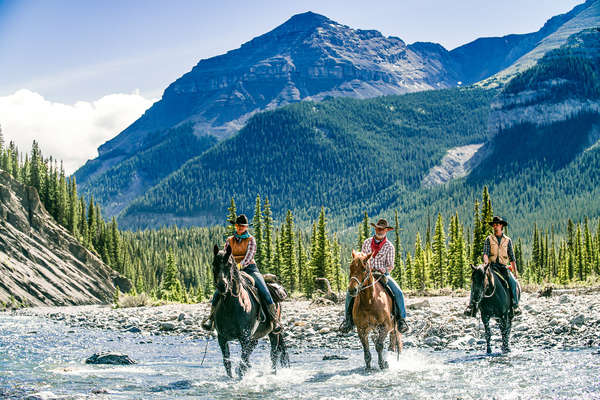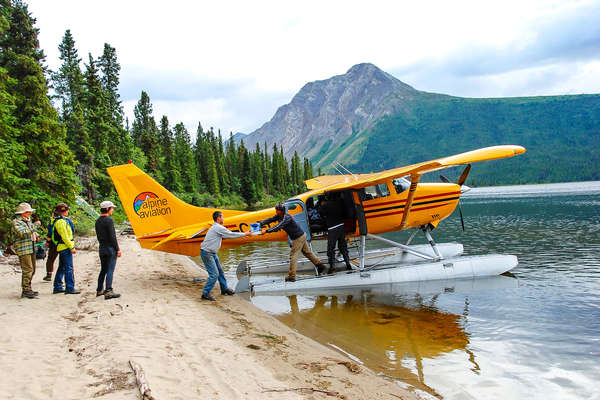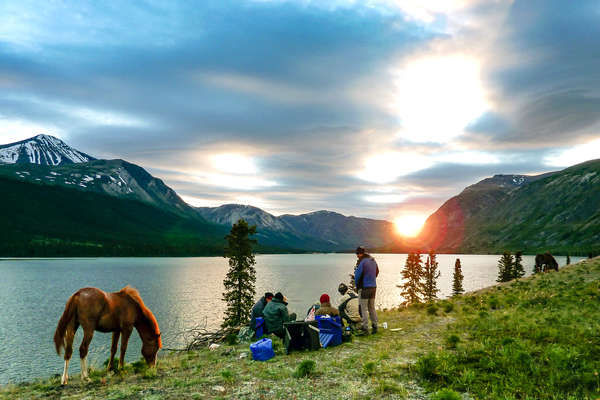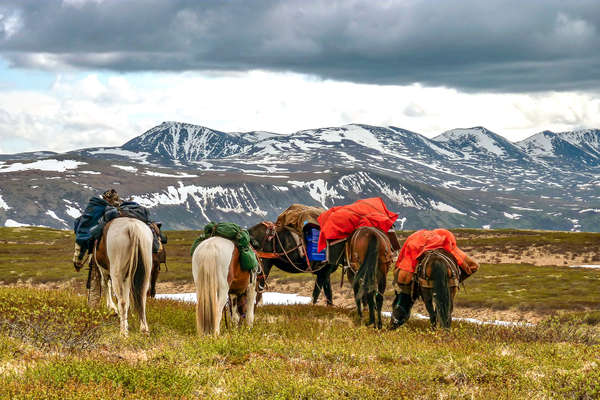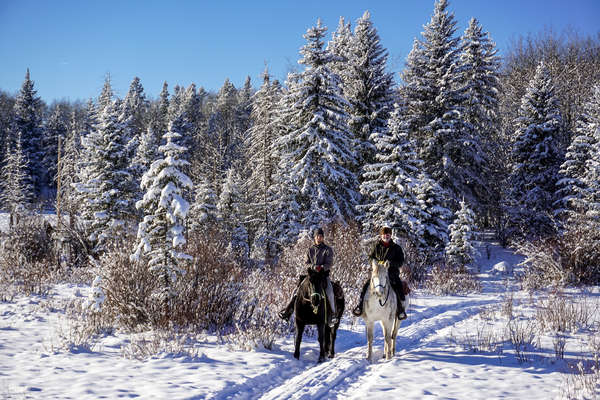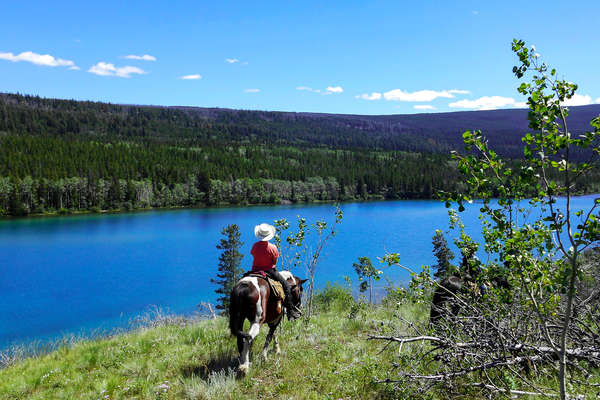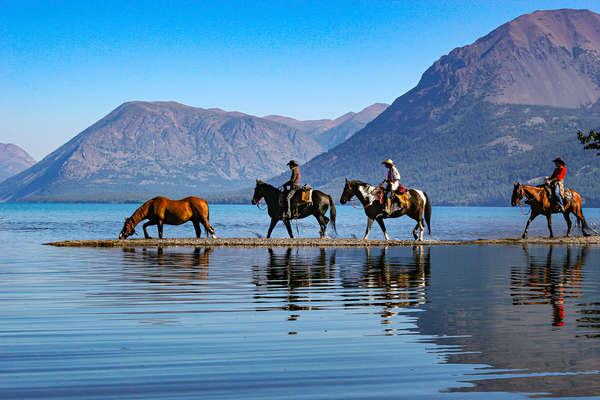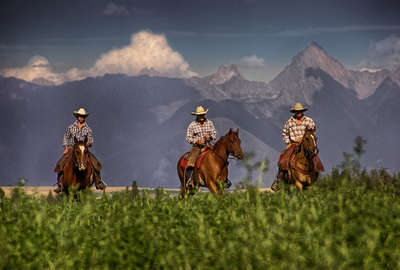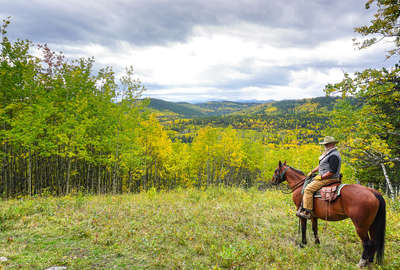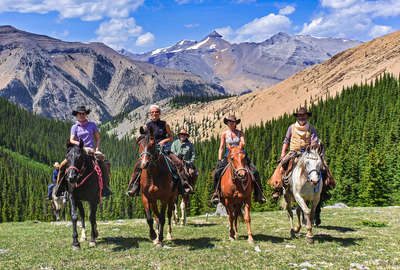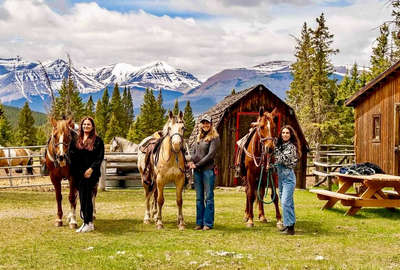Please refer to your home country's Foreign Office website for up-to-date information. This section predominantly refers to UK citizens, and advice can vary depending on your nationality. Although we endeavour to keep this section updated, requirements can change quickly, and your home country's Foreign Office website takes precedence.
VISA AND ENTRY FORMALITIES
To enter Canada, a valid passport is required by all Australian, British and US nationals. All other nationalities should check with the local embassy. If you are travelling with children and only one parent is present, you should carry a letter of consent from the non-travelling parent.
UK Emergency Travel Documents (ETDs) are accepted for entry, airside transit and exit from Canada. You can apply for an Electronic Travel Authorisation using an ETD.
Visa-exempt foreign nationals, such as British nationals, are now required to have an Electronic Travel Authorization (eTA) to fly to or transit through Canada.
Applying for an eTA is a simple online process that takes just a few minutes. To apply, you must have a valid passport or acceptable travel document, a credit card, and an email address. You need to apply for an eTA before you book your flight to Canada. Most applications are approved quickly, even within minutes. However, some applications can take several days to process so don’t wait until the last minute.
In any case please check online the official government website for any updating or modification in the entry procedures.
TRAVELLING WITH CHILDREN
If you are travelling with children, and only one parent is present, you should carry a letter of consent from the non-travelling parent. Immigration officers have the right to question children using simple and appropriate language to establish whether there are any concerns about child abduction. A letter of consent may help to dispel potential concerns. For further information check with the Canadian High Commission or the Canada Border Services Agency.
TRAVELLING VIA THE USA
If you are planning on flying to Canada via the USA, You should complete an online pre-registration form on the Electronic System for Travel Authorisation (ESTA) website, before you travel. The US Customs and Border Patrol recommends that you do this at least 72 hours before departure. Applying for and securing an ESTA is a separate process to your Canadian eTA.
Addresses of consulates
Canadian High Commission in the UK
Canada House, trafalgar Sq
Trafalgar Square,
London
SW1Y 5BJ
SW1Y5BJ London
Tel. : (020) 7258 6600
Fax :
British High Commission in Canada
80 Elgin Street
Ottawa Ontario K1P 5K7
K1P5K7 Ottawa Ontario
Tel. : +1 613 237 1530
Fax :
ukincanada@fco.gov.uk
There are no health requirements to enter Canada as a short-stay tourist. Visitors intending to stay in Canada for more than six months, either as tourists, students or employees, may be required to take a medical examination. Visitors working in an occupation in which protection of public health is essential may be required to undergo a medical examination even if employment is only temporary. Check with the Canadian Consulate or High Commission for further information.
It is a condition of your booking with Equus Journeys that you have travel insurance which covers you for the riding activities to be undertaken. Your travel insurance should cover you for medical expenses and repatriation. Your guides will require your travel insurance details before they allow you to ride and may refuse to let you ride if you cannot provide them. You should take your insurance documents with you.
Our recommendation:
Cancellation and travel insurances are not included. Please note that insurance is mandatory. We recommend to take out an insurance policy as soon as your travel is booked in case of cancellation.
110-120 volts AC, 60Hz. American-style flat two-pin and three-pin (grounded) plugs are standard
Canadian Dollar (CAD; symbol C$) = 100 cents. Notes are in denominations of C$100, 50, 20, 10 and 5. Coins are in denominations of C$2 and 1, and 25, 10, 5 cents. Although the 1c coin (or penny) remains legal tender, as of 2013 it is being phased out of circulation.
Major credit cards are widely accepted. Use of debit cards is widespread, although many stores impose a C$5 to C$20 minimum per debit card purchase, and service charges may apply.
ATMs are easy to find in populated areas but are less common in remote regions such as rural parts of the Northwest Territories, Nunuvat and Labrador. Use a machine affiliated with a major bank to reduce service charges; independent machines in locations such as casinos and convenience stores may carry high charges and do not always accept international cards.
Mountain Daylight Time (MDT) -0600 UTC
To call Canada, the following dial code is required.
+1 to dial Canada its 001 from UK
The populous areas of Canada along the border with the USA have excellent cellular and wired telecommunications, meaning that travellers are never far from an international phone call home, a WIFI connection or an internet cafe. Turn yourself and start heading north, and it's not long until the traveller will find themselves in the vast and sparsely populated lands that make up the majority of Canada. With no phones and no cellular coverage, and probably pretty sparse on power, it provides a great opportunity to unplug and get away from it all. In the northern reaches of Canada, above the arctic circle, you may even find that satellite devices might not work without a clear view of the sky over the equator.
